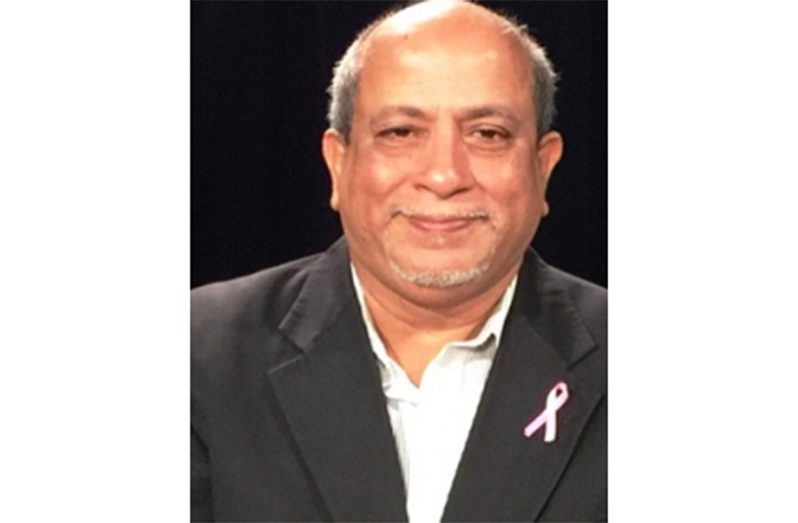CERVICAL Cancer, often overlooked in discussions about cancer, has emerged as one of the most treatable and curable forms of the disease, thanks to the potential of early detection through screenings.
Dr. Syed Ghazi, the Executive Director of Cancer Care Americas and Director of the Outreach Cancer Institute, is on a mission to educate and advocate for the power of timely screening in saving lives.
Dr. Ghazi underscored the transformative impact of early detection on the treatment of Cervical Cancer. In its earliest stages, this form of cancer can be completely eliminated, rendering it highly treatable. However, he warned against the dangers of distractions from treatment, emphasising that when left untreated, it can prove fatal.
Highlighting the deadly consequences of neglecting medical advice, Dr. Ghazi shared a heart-rending case from his own experience.
A patient diagnosed at his private clinic, who failed to act on the diagnosis, returned two years later. Tragically, it was too late, and she passed away. She had turned to alternative medicines, hoping for a “bush” cure, instead of pursuing the recommended professional treatment.
Dr. Ghazi makes an impassioned plea for year-round Cervical Cancer awareness. He encourages women between the ages of 21 to 29 and older to undergo regular screenings, including pap smears every three years. His mission, in partnership with two non-governmental organisations, Cancer Care Americas and Outreach Cancer Institute, aims to eradicate cervical cancer by the year 2025.
UNMASKING THE SILENT KILLER
Cervical cancer originates in the cervix, the lower part of the uterus connected to the vagina. Human papillomavirus (HPV), a sexually transmitted infection, plays a central role in most cases of cervical cancer. While many women’s immune systems can combat HPV, in some, the virus persists and contributes to the development of cancerous cells.
Cervical cancer initiates with genetic mutations in healthy cells, causing them to transform into cancerous cells. These cancer cells multiply uncontrollably, forming a mass or tumor. If untreated, cancer cells can invade nearby tissues and spread to other parts of the body.
Cervical cancer comes in several forms, with the two primary types being squamous cell carcinoma and adenocarcinoma. Risk factors include having multiple sexual partners, early sexual activity, other sexually transmitted infections (STIs), a weakened immune system, and smoking.
The Cancer Institute of Guyana Inc. has unveiled statistics concerning cervical cancer patients treated with radiation therapy from 2010 to September 20, 2018.
The numbers paint a sobering picture, with a total of 370 cervical cancer patients recorded during this period. It is vital to note that cervical cancer takes the lives of approximately 36,000 women each year in the Americas.
Dr. Ghazi calls for renewed focus on cervical cancer prevention through screening, particularly pap smears. His dedicated outreach extends to far-flung regions, reaching about 1,000 women annually with the message of early detection.
Dr. Syed Ghazi’s commitment to battling cervical cancer with the power of early detection serves as a potent reminder that, with vigilance, lives can be saved. Cervical cancer, once a silent killer, is now a conquerable adversary when caught early.













